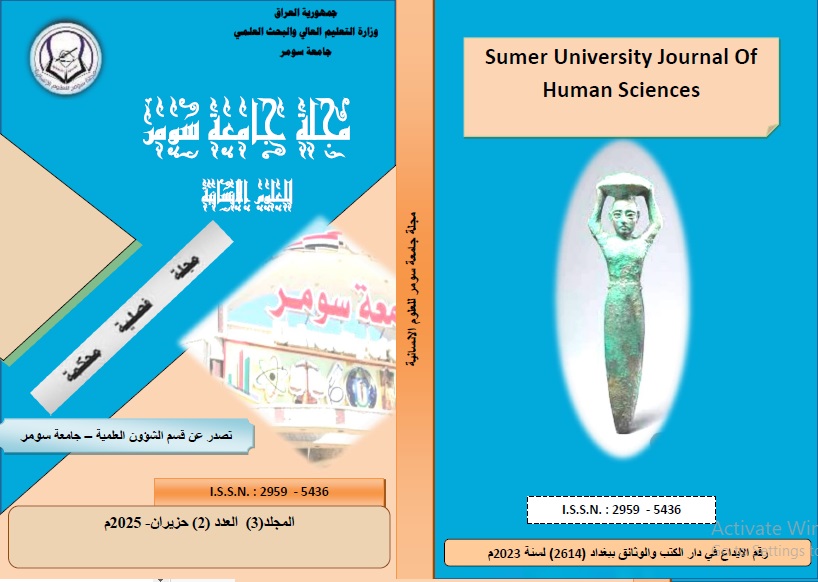The Ruling Political Elite after the Assassination of the Ilkhanid Sultan Baydu
Abstract
The Ilkhanid state underwent profound political transformations following the assassination of Sultan Baydu in 1295 CE. His death created a power vacuum that a politically and militarily oriented elite exploited to reshape centers of authority and influence. At the forefront of this elite was Ghazan Khan, who, with the support of prominent military leaders such as Nawruz, succeeded in seizing power. Baydu’s assassination marked a pivotal moment, revealing the fragility of the internal balance between Persian and Mongol forces.
The new elite sought to consolidate Ghazan Khan’s rule through a series of administrative, financial, and religious reforms. Ghazan’s conversion to Islam was a crucial step aimed at garnering the support of the local Muslim population and providing religious legitimacy to his reign. He also reorganized the military by integrating Persian elements alongside Mongol forces, thereby strengthening internal political loyalty. Simultaneously, the administrative apparatus was notably infused with Persian expertise, granting the state a more entrenched bureaucratic character.
This period was characterized by a struggle between traditional Mongol factions, who clung to their ancient customs, and the emerging elite, who viewed change as essential for stability. External challenges, such as conflicts with the Mamluks and neighboring states, also played a role in temporarily unifying the internal front under the leadership of the new political elite.
Overall, Baydu’s assassination was a turning point that paved the way for profound shifts in the nature of Ilkhanid governance, with the rise of a political elite more conscious of the need to blend Mongol and Islamic identities to ensure political continuity.


